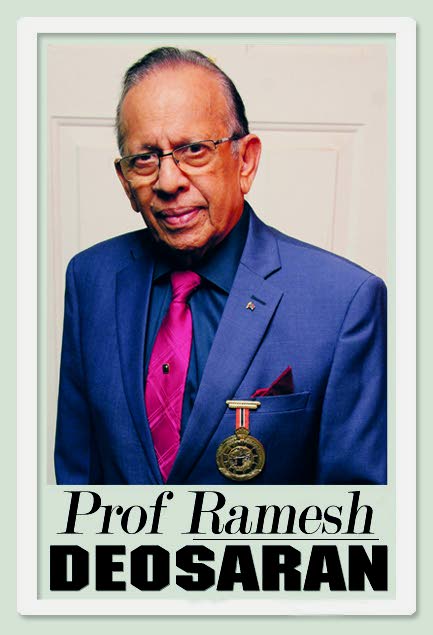The government of Trinidad and Tobago is navigating a complex web of challenges, including opposition criticism of the 2025/2026 budget, a delicate balance between revenue and expenditure, ongoing public safety concerns, and strained relations within the Caribbean Community (Caricom). Adding to the pressure is the precarious geopolitical situation between the United States and Venezuela, which has placed the nation in a tense middle ground. Prime Minister Kamla Persad-Bissessar and Foreign Affairs Minister Sean Sobers have urged citizens to remain calm amidst rumors of war, emphasizing that the country is not heading into conflict. The administration must strengthen its political strategies, public policies, and communication efforts to address these issues effectively, particularly in an environment rife with misinformation. The budget, crafted by lawyer-economist Davendranath Tancoo, aims to promote economic fairness through accountable fiscal policies. However, the opposition has questioned the government’s handling of the economy, pointing to a decline in real GDP growth from 3.7% in 2014 to 2.5% in 2024 and a significant increase in national debt. Employment has also dropped by 70,000 jobs over the same period. Despite these criticisms, the budget includes measures to create full-time, better-paid jobs, funded by $475 million from the Employment Fund and an additional $310 million for job creation. The government has also reduced the price of super gasoline by $1 per liter, a move welcomed by the public. Meanwhile, the closure of the CEPEP and URP programs, criticized for harboring criminal activity and inefficiency, has sparked debate. Tobago has retained these programs, drawing scrutiny from the opposition. The budget’s connection to crime is also evident, as economic slowdowns and widening inequality often exacerbate social tensions. Recent salary increases for politicians, contrasted with modest raises for labor unions, have fueled public resentment. On the geopolitical front, Prime Minister Persad-Bissessar’s remarks labeling Caricom as an “unreliable partner” have stirred controversy, though she claims her comments were misinterpreted. Her support for the U.S. crackdown on drug trafficking and the docking of a U.S. warship in Port of Spain have further strained relations with Venezuela, which has labeled her persona non grata. Despite these tensions, recent developments suggest a shift toward diplomacy, with Venezuela calling for unity against potential U.S. aggression.
